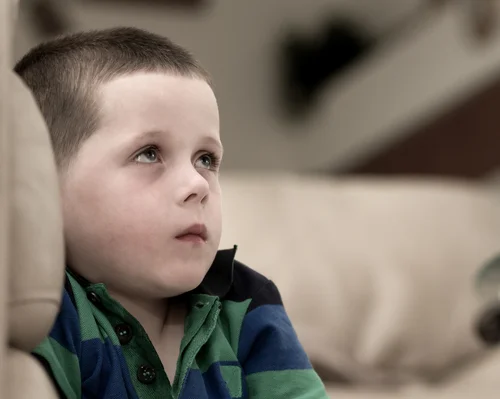Why do children steal and what should I do about it?
/By Joseph Sacks, LCSW
First of all, don’t overreact. It is usually not a sign that he or she is heading towards a life of crime. If it’s a pre-school child who is taking other children’s toys, it is because he lacks mature impulse control and is not fully responsible for what he is doing. He does not understand the concept of private property as well as he will in future years. He should be asked to return the toys but not punished further. You can try buying him more nice toys so he will feel that he is in the midst of plenty and will feel less of a need to take from others. Do not fear you are rewarding bad behavior, he needs this attention. If he is taking from his parents it is not really stealing and he should be simply given a few more things that he wants. This may seem overly permissive but it is the best for the emotional health of the child! Harsh reprimands always do more harm than good. If he is taking things from his siblings don’t react with punishment. Just gently try to teach him that ‘we don’t do this’ and ask him to give the items back.
For more information on the topic of buying kids toys, click here.
Why do older children steal?
If it is an older child or a teenager who is taking money or other items from his parents, it is usually due to one of two reasons. He may feel he doesn’t have enough and he is stealing out of perceived deprivation. In that case you have to assess whether the amount of money or number of toys and gifts he is getting is really enough. If he is a 15 year old and is receiving an allowance, you should consider whether it’s commensurate with the family’s income and the allowances of his peers. He may be desperate to keep pace with his peers, and may be seeking acceptance by them. In this case a 15 year old could think to steal, as his allowance may just not be enough to keep up with his peers. Children are completely dependent on their parents and are powerless to help themselves out financially. Getting less than they need can feel intolerable and make them desperate. Remember it is a great act of kindness to give our children reasonable and appropriate money or gifts! In any event, try to avoid punishment for small transgressions as it will only make your child’s problems worse.
However in considering why do children steal, if the child has an abundance of material things
as well as an appropriate allowance, his taking things from his parents is probably an expression of anger and unhappiness with the relationship. Therefore we need to work on the parent-child relationship which is the most important key to child-rearing. We do this by being patient, tolerant, flexible, warm, gentle, forgiving, and kind. Try to explain things with good reasons. Display a pleasant countenance at all times. Allow children to make as many decisions as possible. Show unconditional approval and acceptance. We avoid being critical, controlling, harsh or sarcastic. Don’t shout, pressure, threat, nag, scold, blame or put down. Don’t respond to misbehavior by removing attention or affection.
Following these rules will cause your child’s anger and bad feelings to melt away and a warm relationship will ensue. Don’t fear you are being too lenient and not setting enough limits. Children thrive on the above type of gentleness and flexibility and it is what they need.
For great tips on how to get your child to listen, click here.
Please bear in mind that the above principles represent a parenting ideal, and you should not expect to fulfill them perfectly. Therefore have patience with yourself and try to implement the new ideas gradually.
Feel free to peruse the rest of this informative blog, the specialties on my website, or download one of my interesting free reports. If you are struggling with the question of “Why do children steal” and would like guidance or treatment from a child therapist in lower Manhattan, you may call me at 646-681-1707 for a free 15-minute consultation. I look forward to speaking with you!





























